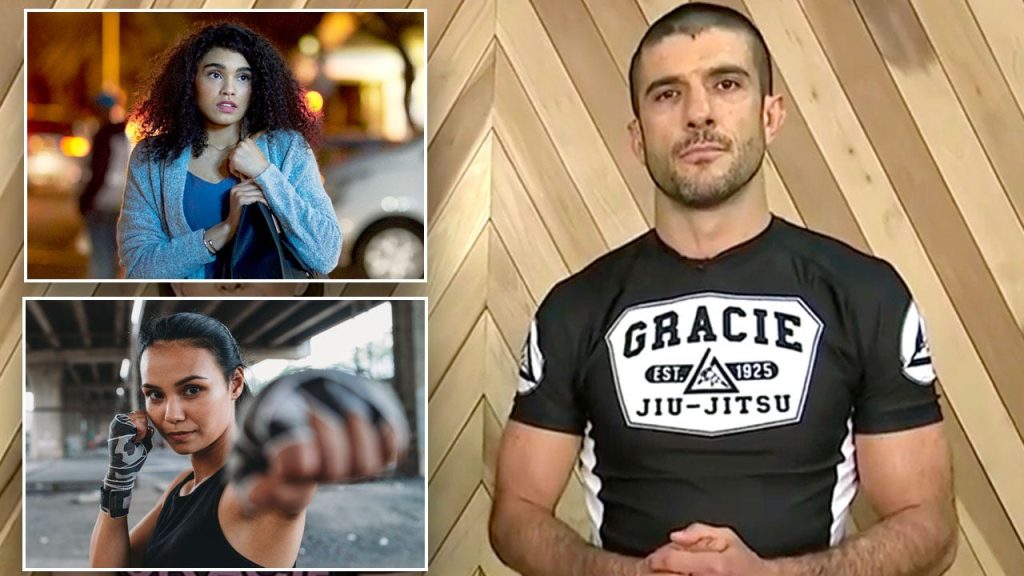Living in America’s big cities can be frightening due to increasing crime rates, and it is essential to know what to do in potentially dangerous situations. Rener Gracie, head instructor of jiu-jitsu at Gracie University in California, shared self-defense moves that can be effective when traditional tools are not available. Gracie identified four phases of assault, emphasizing the importance of being aware of one’s surroundings and staying vigilant. By staying confident and setting verbal boundaries, individuals can potentially deter attackers and protect themselves.
One of the key tips Gracie shared is the need to be vigilant and monitor one’s surroundings at all times. By keeping hands free and observing surroundings, individuals can be better prepared for any potential attacks. Eye contact can also play a crucial role in self-defense, as it can signal to potential attackers that they are being watched. Gracie highlighted the importance of confidence gained from learning self-defense arts like Brazilian jiu-jitsu, which can affect one’s posture and the way they navigate their surroundings.
Verbal assertiveness and boundary-setting are other important aspects of self-defense, according to Gracie. By clearly communicating boundaries and asserting oneself, individuals can potentially ward off attackers. Gracie demonstrated the escalation of verbal warnings during an appearance, emphasizing the importance of being willing to defend oneself when necessary. However, he also noted that feeling capable enough to enforce these boundaries can be a challenge for some individuals.
While tools like pepper sprays and stun guns can be useful, Gracie emphasized the importance of mastering self-defense skills through extensive practice. Skills learned through Brazilian jiu-jitsu are leverage-based and do not rely on physical advantages like strength or size. Gracie explained that these skills can become muscle memory and activate the self-preservation part of the brain during an assault. By honing self-defense skills, individuals can feel more confident in their ability to protect themselves.
Gracie highlighted the effectiveness of Brazilian jiu-jitsu in developing core skills that can keep individuals safe in violent physical encounters. He demonstrated a maneuver on a segment of “The Ingraham Angle,” showing how jiu-jitsu techniques can be used to disarm an attacker. Gracie also mentioned the Women Empowered program offered at Gracie University, which teaches key maneuvers for self-defense. With 264 certified training centers worldwide, Gracie University offers various self-defense courses to equip individuals with the skills needed to protect themselves in dangerous situations.
In conclusion, Gracie’s tips for self-defense focus on awareness of surroundings, confidence, setting boundaries, and mastering self-defense skills. By staying vigilant, being assertive, and honing self-defense techniques like Brazilian jiu-jitsu, individuals can increase their chances of surviving potentially dangerous encounters. The ultimate goal of self-defense is to protect oneself without sustaining injuries, and learning these skills can provide individuals with the confidence and ability to stay safe in challenging situations.


